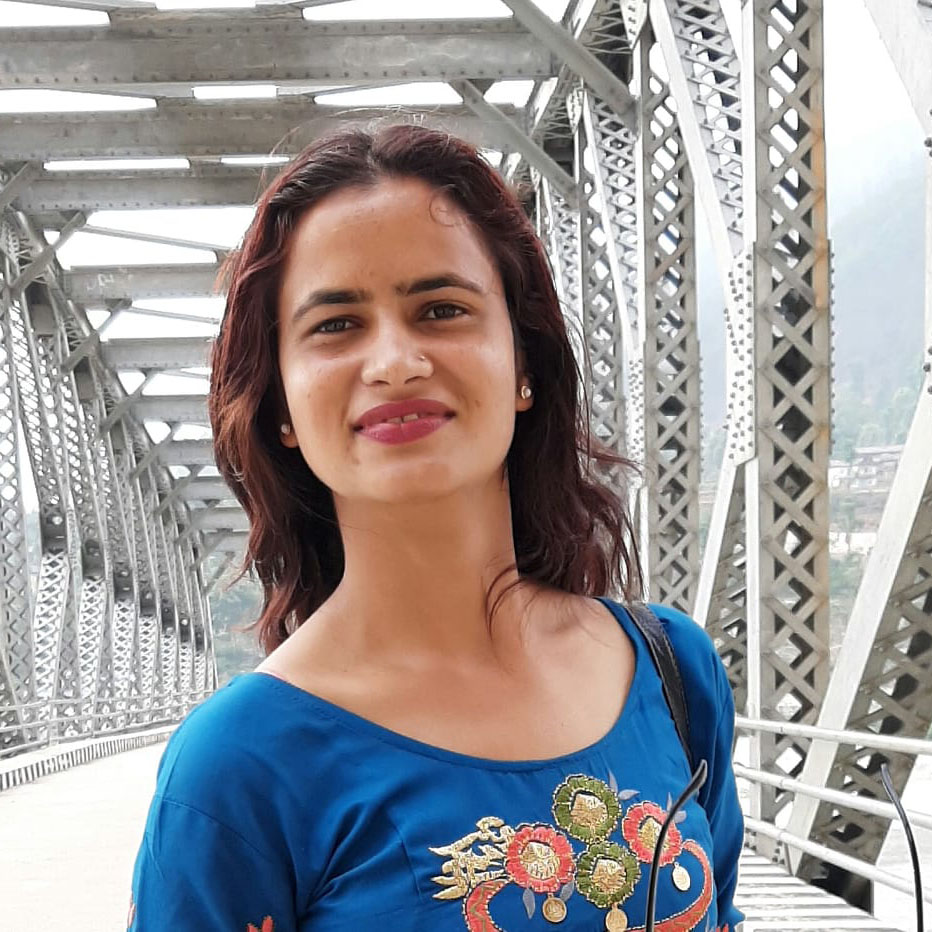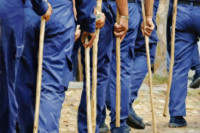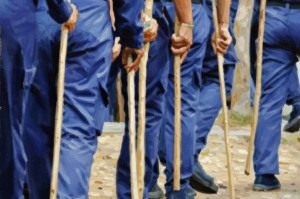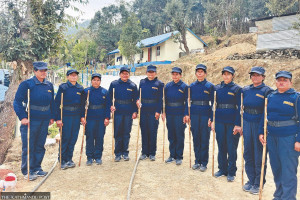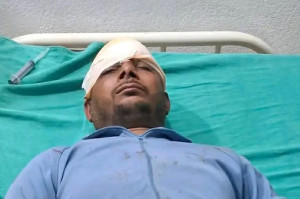Sudurpaschim Province
Lack of voter education in Achham villages may lead to invalid votes
Both parties and their candidates have failed to give due importance to the voter education campaign. As a result, many eligible voters are unaware of the voting process creating high chances of invalid votes.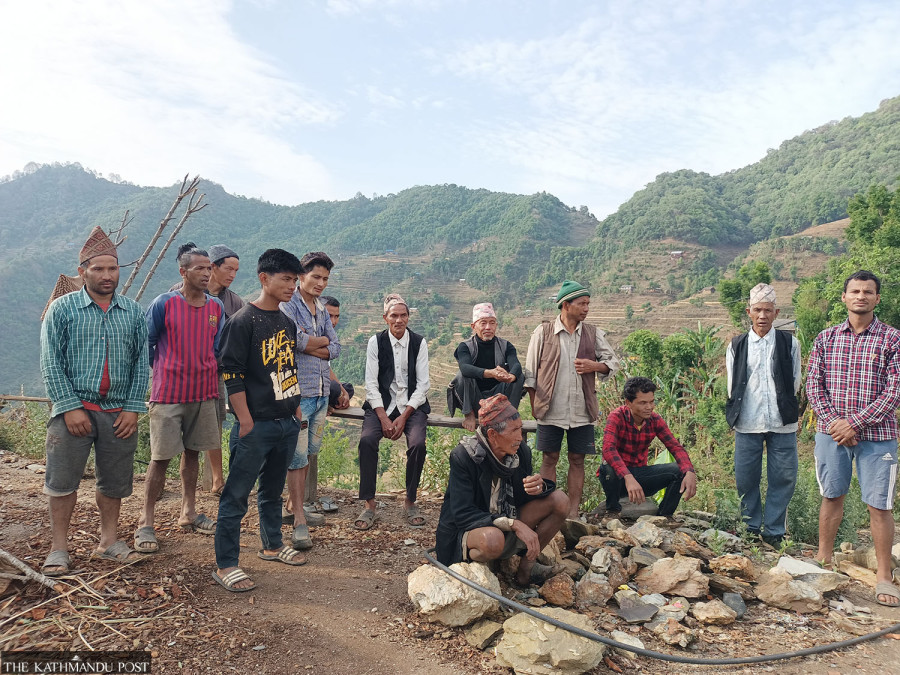
Menuka Dhungana
Election fever has gripped Achham, a hill district in Sudurpaschim Province. Political parties and their candidates are contesting the polls separately in some local units and wards while in others they have formed an electoral alliance.
Political parties and their candidates are in their last-ditch effort canvassing votes to win the local elections slated for Friday. However, both the parties and their candidates have failed to give due importance to the voter education campaign. As a result, many eligible voters are unaware of the voting process creating high chances of invalid votes.
“I don’t know how to cast my vote in the upcoming elections. Party leaders and candidates came to us asking for votes but they didn’t tell us how to vote,” said Maina BK, a 55-year-old Dalit woman from Turmakhand Rural Municipality-1. “I don’t know what makes a vote invalid so I’m quite nervous.”
Political parties and other stakeholders have not prioritised voter education in the district. Many voters, mainly rural folks, are worried their votes will be invalid resulting in the poll defeat of their preferred candidates.
“Leaders and activists have just urged people to cast their votes in their election symbols but did not mention how the vote should be cast. The ballot paper is quite large containing innumerable election symbols. Anyone can get confused about the right voting process. Neither the party activists nor the election officials have visited the settlement to teach us about the right way to cast our vote. The invalid vote percentage will certainly be high in this election,” said Min Bahadur Budthapa, 56, of Rahaf.
A voter should cast votes to elect seven candidates—a mayor/chairperson, a deputy mayor/vice-chairperson, a ward chairperson and four ward members—in the local elections. Moreover, the voter should cast votes in different election symbols wherever the political parties have electoral alliances.
The major political parties have forged electoral alliances in seven of the total 10 local units in Achham district. “Chances of invalid votes are very high since a voter has to pick different election symbols for seven different candidates if there is an electoral alliance. We don’t know how many votes will become invalid in Friday's election,” said Budthapa.
The political parties have also admitted that they did not focus on teaching voters how to cast their votes.
“The publicity campaigners and activists of our party have asked general voters to cast their votes in our election symbol. But we could not give them detailed information about the voting process as we were short on time,” said Bhim Rawal, the district secretary of CPN-UML.
The Nepali Congress also has a similar view. “Our party has an electoral alliance in several local units. A voter should stamp votes by crossing the rows. So voting could be a bit confusing. We are trying our best to educate voters about it. But we could not reach all voters,” said Takkar Shah, the congress district secretary.
According to the District Election Office, the ballot papers meant for Achham district contain 22 election symbols, including the symbols of eight political parties contesting the election in the district, eight other national political parties and six independent candidates. The office said it started launching a voter education campaign from Tuesday.
“We are planning to educate voters in the polling centres and send them to cast votes. We don’t have enough time to run the voter education campaign effectively,” said Manoj Shrestha, the chief election officer in the district. “Many votes may be invalid in this election due to electoral alliances and a lack of effective voter education campaign.”




 9.15°C Kathmandu
9.15°C Kathmandu